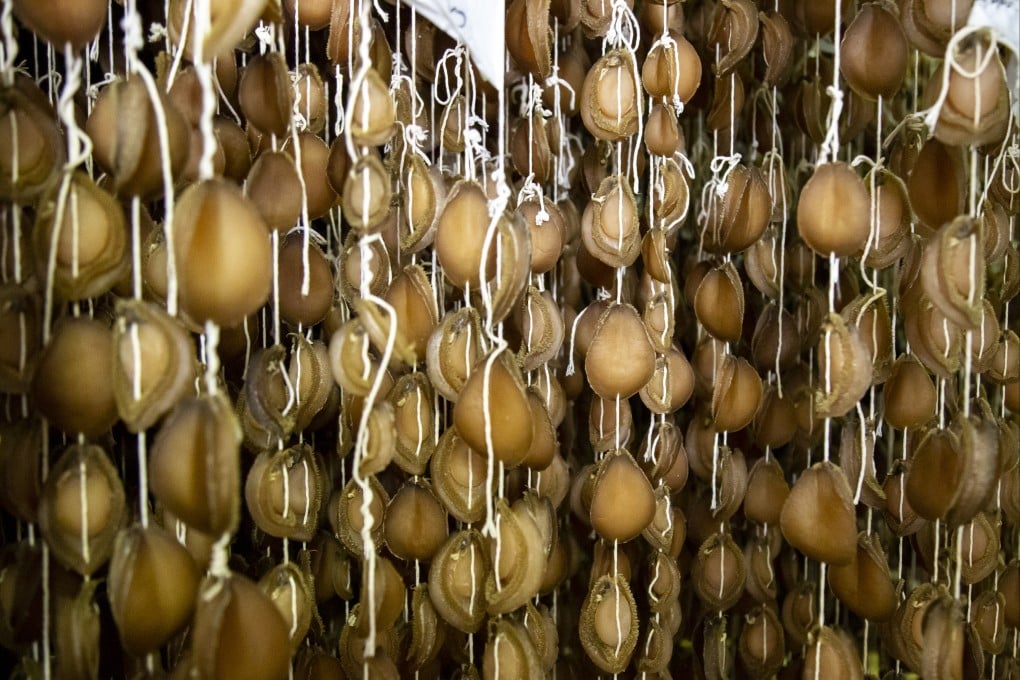How Asian appetites for abalone - ‘white gold’ - foster crime in South Africa that threatens diners’ safety
- Criminal gangs in South Africa illegally harvest abalone and target legal farms raising the prized mollusc, putting consumers at risk. Education may help

The shot the photojournalist was seeking was one of a gleaming lighthouse set against the dark night sky in a sleepy South African village. Capturing the image, though, meant passing through an agape security fence.
Snapping the picture took only a matter of seconds but in doing so the photographer had unwittingly tripped an advanced security system and was captured on CCTV.
Moments later police were at the scene and a short interrogation followed. Satisfied that the encroachment was nothing more than an innocent attempt to frame the lighthouse, the officers explained to the bewildered photographer that they could not be too careful when protecting the prized abalone farm below.
The officers’ explanation might seem surprising to an outsider. High security arrangements are not usually associated with molluscs. But for coastal towns across South Africa, abalone have become a source of both prosperity and disorder, creating jobs for thousands while also cultivating international organised crime syndicates.

Under threat is not only the safety of the African communities riddled with gangsterism, but the health of those thousands of miles away who consume unregulated catches.
South Africa exports more than 5,000 tonnes (5,500 tons) of abalone annually, mainly to Hong Kong and other Asian markets, where it is referred to as “white gold”. Of that amount nearly half is poached, according to estimates by wildlife trafficking organisations and government agencies.
